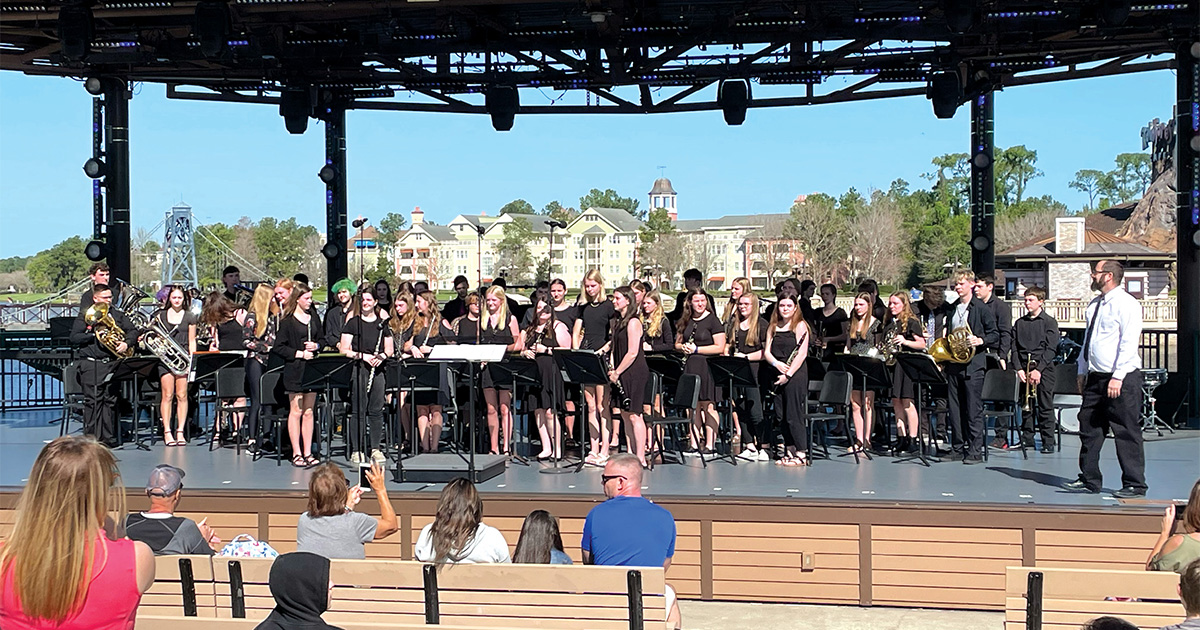During college, I spent a semester abroad in Ghana. It was my first time out of the country, and I’d heard it time and time again: Don’t be a tourist. Be a Traveler. Thankfully, our program director made strategic moves to help us experience the culture firsthand. It was more educational for us, and it allowed us to be more courteous to the citizens welcoming us into their country and culture.
While student travelers might not have four months to spend in their destinations, like a study abroad program offers, any trip offers students a chance to experience a new culture. These tips could help your trip offer a more authentic experience for your students.
Move slowly.
This is kind of a given in a country like Ghana, where the culture inherently runs at a slower pace and transportation—both private and public—takes longer, due to infrastructure. Even in countries where it’s possible to GO GO GO!, consider moving along more leisurely.
Rather than checking off as many destinations or activities from a list as possible, spend more time in one location and allow margin in your itinerary for wandering. In between your various stops for activities and sites on the itinerary, there are places waiting to be explored—delicious restaurants, amazing markets, architectural ruins, unique parks and more.
Plan for “downtime.”
While your students might get a good sense of a location’s history by visiting noteworthy landmarks, culture is best experienced through everyday life. Fit some “downtime” into your itinerary, when students could relax at a park while playing games, reading, journaling or more.
Find a home. Not a hotel.
Homestays offer rich firsthand experiences for students to learn about another culture. Engaging with a family through conversations, meals and daily routines could foster deeper understanding and engagement. Homestays aren’t always possible, but consider other alternatives, such as hostels or even local university housing.
Visit the market.
Sure, you can find authentic cuisine in restaurants. Traditional dishes delivered right to your table don’t explain the ingredients or process behind the cultural staple, however. Food markets are great places to explore, sample local delicacies and have conversations with vendors.
Utilize public transportation.
There’s no better way to move through local culture than by moving the way the population does. It might be way more efficient to take taxis or rented motorcoaches, but your students will miss out on a key part of culture. In Ghana, our primary modes of transportation were walking and tro-tros—and we all have our best stories from these experiences.
Volunteer.
Each student in our program worked as a volunteer intern throughout the semester. I worked in a government-funded school in a village outside of Ghana’s capital, and it was a great way to interact with—and learn about—a local community.
It’s possible to take an organized voluntourism-oriented trip almost anywhere. But if you don’t have time to volunteer for your entire trip, consider spending a day (or at least a morning or afternoon) at a local nonprofit. Your students will get to be part of the community, while taking part in a good project.
Attend festivals.
Festivals are typically founded upon local religion, rituals and history that offer anything from traditional song and dance, to authentic cuisine. If you’re able, consider planning your trip during a destination’s festival.
Explore the rural.
Ghana is steeped in tradition—even in more developed areas, like the capital—but the difference between urban and rural is profound. No matter where you go, cities are great for museums and attractions. If you want to introduce your students to richer traditions, natural beauty and unparalleled hospitality, explore rural areas. They may not be on destination bucket lists, but they offer students a truly different reality.
Written by Cassie Westrate, staff writer for Teach & Travel magazine.
Photo courtesy of Roland Hoksbergen





